Choosing the right tile for your shower is crucial to not only enhance the aesthetic appeal but also ensure durability and functionality. Two popular choices that often confuse homeowners are ceramic tile and porcelain tile. In this article, we will analyze the differences between ceramic and porcelain tiles in terms of water resistance, durability, cost, and aesthetic appeal, helping you make an informed decision when it comes to your shower renovation or installation. Water Resistance: One of the primary concerns when selecting tiles for a shower is their ability to withstand constant exposure to water and moisture. Both ceramic and porcelain tiles are known for their water resistance; however, porcelain tiles are denser and less porous than ceramic tiles, making them more resistant to water and stains.

.
 Porcelain tiles, therefore, offer superior water resistance properties, making them ideal for shower installations. Durability: Another important factor to consider is the durability of the tiles, as showers are subjected to daily wear and tear. Porcelain tiles, being harder and more durable than ceramic tiles, are less prone to cracking and chipping. They are also more resistant to scratches and stains, making them an excellent choice for high-traffic areas such as showers. Ceramic tiles, while durable, may be more prone to damage over time, especially in areas with heavy foot traffic. Cost: Cost is often a determining factor when selecting tiles for a shower.
Porcelain tiles, therefore, offer superior water resistance properties, making them ideal for shower installations. Durability: Another important factor to consider is the durability of the tiles, as showers are subjected to daily wear and tear. Porcelain tiles, being harder and more durable than ceramic tiles, are less prone to cracking and chipping. They are also more resistant to scratches and stains, making them an excellent choice for high-traffic areas such as showers. Ceramic tiles, while durable, may be more prone to damage over time, especially in areas with heavy foot traffic. Cost: Cost is often a determining factor when selecting tiles for a shower.
..
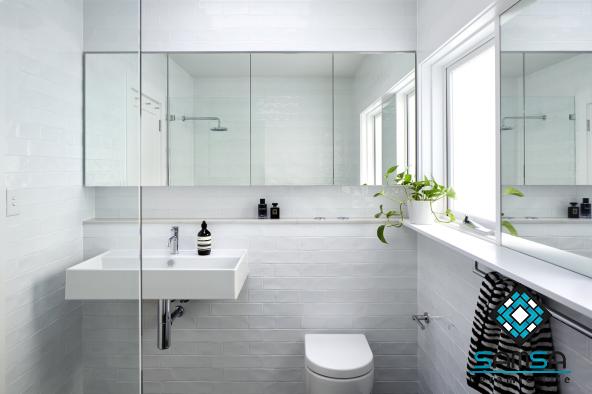 In general, ceramic tiles tend to be less expensive than porcelain tiles. However, it’s important to note that the cost will also depend on the quality and design of the tiles. While ceramic tiles offer cost-effectiveness, porcelain tiles justify their higher price tag by their long-lasting durability and low maintenance requirements. Consider your budget and long-term expectations to make the right decision based on your needs and preferences. Aesthetic Appeal: Both ceramic and porcelain tiles offer a wide range of design options, allowing you to create a visually appealing shower space. Ceramic tiles are available in various colors, patterns, and textures, offering versatility in terms of design. However, porcelain tiles often provide a more refined and high-end look, resembling natural stone, and are available in larger sizes, allowing for fewer grout lines and a sleeker appearance.
In general, ceramic tiles tend to be less expensive than porcelain tiles. However, it’s important to note that the cost will also depend on the quality and design of the tiles. While ceramic tiles offer cost-effectiveness, porcelain tiles justify their higher price tag by their long-lasting durability and low maintenance requirements. Consider your budget and long-term expectations to make the right decision based on your needs and preferences. Aesthetic Appeal: Both ceramic and porcelain tiles offer a wide range of design options, allowing you to create a visually appealing shower space. Ceramic tiles are available in various colors, patterns, and textures, offering versatility in terms of design. However, porcelain tiles often provide a more refined and high-end look, resembling natural stone, and are available in larger sizes, allowing for fewer grout lines and a sleeker appearance.
…
 The choice between ceramic and porcelain comes down to personal preference and the overall aesthetic you wish to achieve in your shower. Conclusion: When it comes to selecting tiles for your shower, it’s important to consider factors such as water resistance, durability, cost, and aesthetic appeal. Porcelain tiles, offering superior water resistance and durability, are often the preferred choice for showers. However, ceramic tiles can still be a viable option depending on your budget and design preferences. Ultimately, it’s essential to weigh the pros and cons of each type of tile and make an informed decision that aligns with your needs and desired outcome for your shower.
The choice between ceramic and porcelain comes down to personal preference and the overall aesthetic you wish to achieve in your shower. Conclusion: When it comes to selecting tiles for your shower, it’s important to consider factors such as water resistance, durability, cost, and aesthetic appeal. Porcelain tiles, offering superior water resistance and durability, are often the preferred choice for showers. However, ceramic tiles can still be a viable option depending on your budget and design preferences. Ultimately, it’s essential to weigh the pros and cons of each type of tile and make an informed decision that aligns with your needs and desired outcome for your shower.
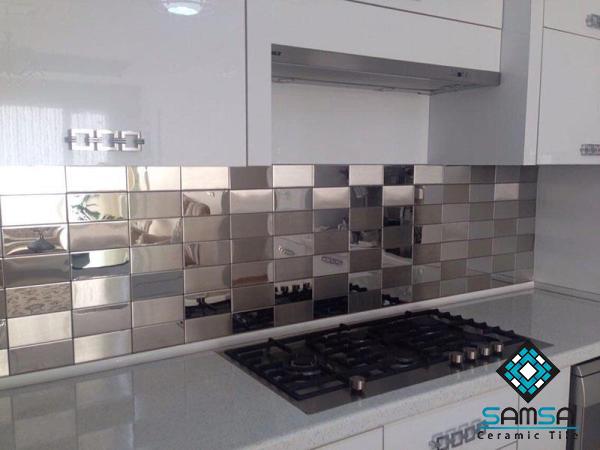
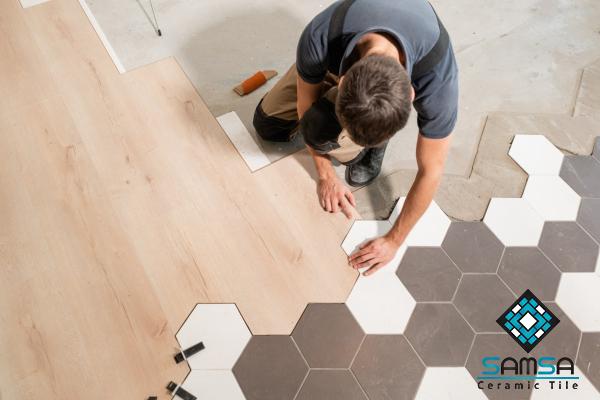

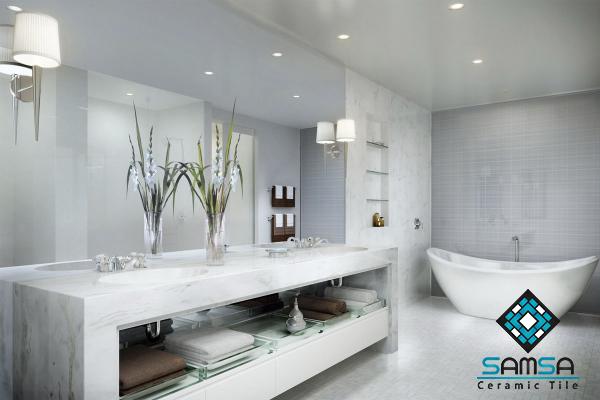
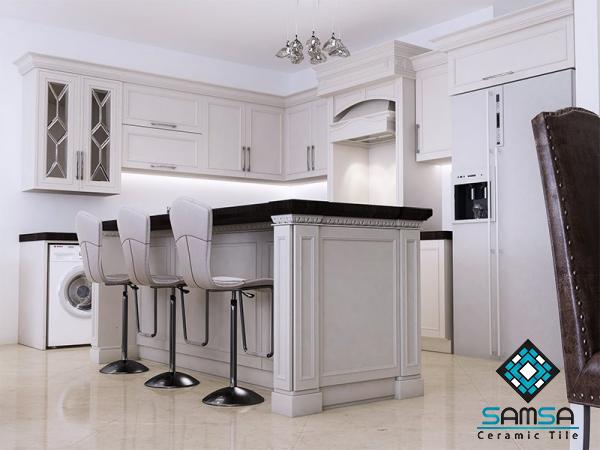

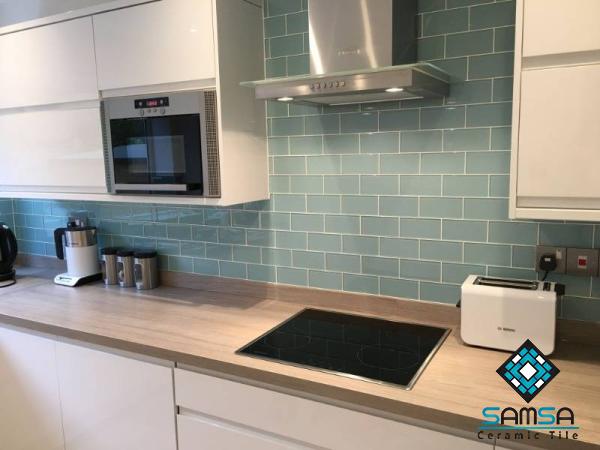

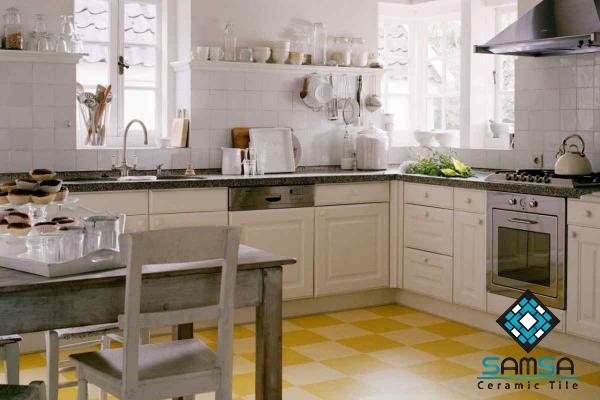
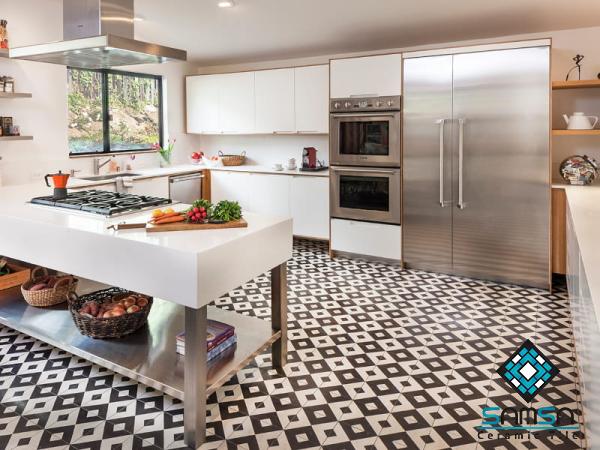
Your comment submitted.